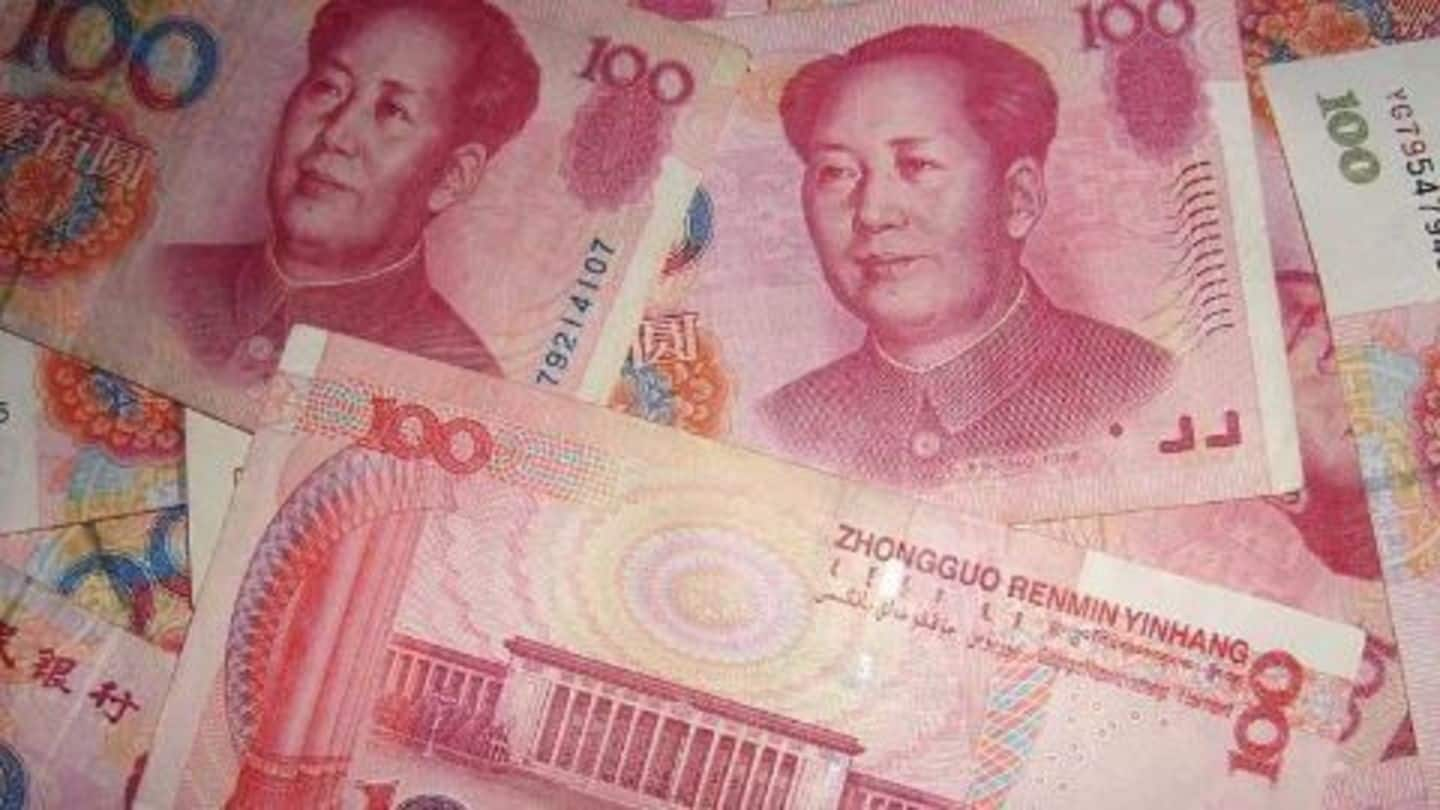
Yuan appointed to IMF's global reserve currency basket
What's the story
The executive board of the International Monetary Fund has included the Chinese Yuan into its basket of global reserve currencies in its meeting on 30 November. The move is indicative of China's role as global economic powerhouse. Beijing's recent reforms including improving access for foreigners to China's currency markets and expanding the Yuan's trading hours played a major role in improving China's economic status.
Dec 2015
The Special Drawing Rights (SDR) Basket
The Yuan will join the Dollar, the Pound sterling, the Euro and the Yen as part of the IMF's SDR basket in October 2016 Currently, the basket is 49.1% Dollar, 37.4% Euro, 11.3% Pound and 9.4% Yen. The basket is used to decide the currency mix that member countries will recieve to supplement their official reserves or when the IMF provides financial aid.
Information
The last SDR basket change
The last change in the SDR basket was in 1999, when the Euro replaced the Mark and the Franc. The SDR basket is reviewed every five years.
Dec 2015
Why the Yuan?
New Yuan trading hubs in the EU and Yuan denominated commodity contracts meet the IMF requirements of the Yuan being a "widely traded", "freely usable" currency for "international payments and transactions". China is the second largest economy in the world and the Yuan is the number 4 currency for global trade. China also accounts for 15% of global economic output.
Data
The Yuan muscles out the Pound and Yen
When the Yuan joins in October 2016, the mix will be 42% USD, 31% Euro, 11% Yuan with the Pound and Yen accounting for a mere 8% each (which is a significant drop).
Dec 2015
Geopolitical consequences of the Yuan and the IMF
As the Yuan joins the IMF's global reserve currencies, it now becomes difficult for the US to impose economic sanctions on nations like North Korea and Sudan, who can now freely transact using the Yuan. Many African nations including Nigeria are now considering to move part of their foreign exchange reserves from the US Dollar to the Yuan.
Information
What is Reserve Currency?
Commodities like gold/oil are priced on "reserve currencies". Hence, countries need to hold this currency to pay for goods, to minimize the "exchange rate risk" incurred by trading in their own currencies.